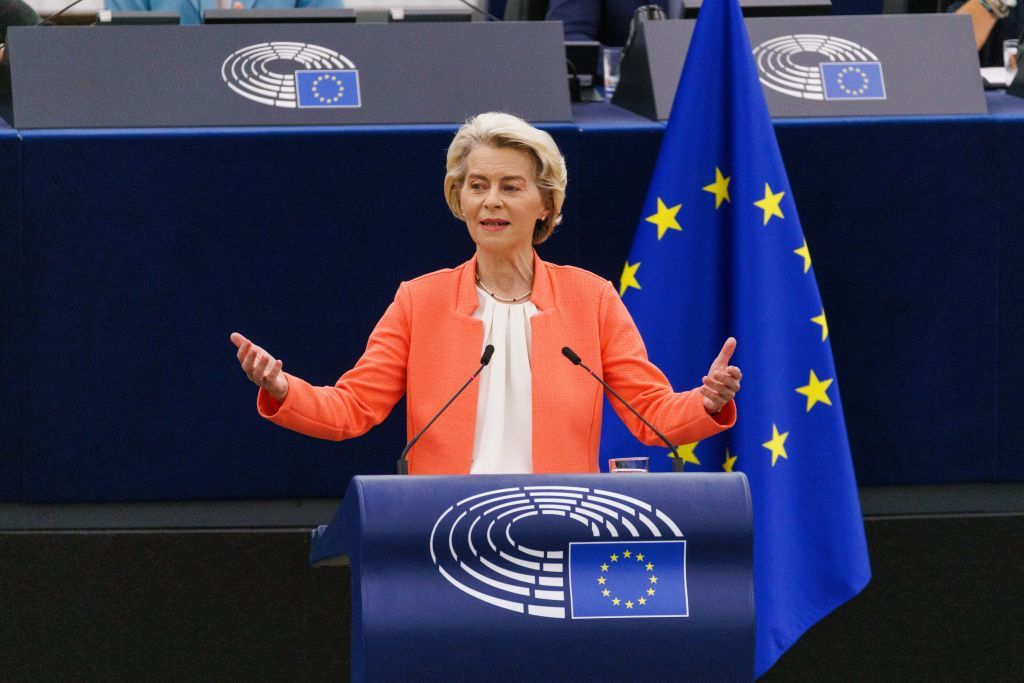Parliament approves changes to national minorities law

The Verkhovna Rada, Ukraine's parliament, approved amendments to the law on national minorities, which is one of the requirements for the country's accession to the EU, lawmaker Yaroslav Zhelezniak said on Sept. 21.
The original law, adopted in December 2022, set the definition for ethnic minorities in Ukraine, established their rights and obligations, and provided for the creation of advisory bodies with representatives of minorities.
The Venice Commission, the Council of Europe's advisory body that assists Ukraine with implementing steps needed for EU integration, welcomed the law but recommended further changes to fully comply with international standards.
These suggestions related mainly to the use of national minority languages, for example, allowing ethnic minorities to hold events in their own language without the need for Ukrainian translation.
The changes newly adopted by the Rada updated the definition of national minorities, stipulating that "a national minority (community) of Ukraine is a stable group of citizens of Ukraine who are not ethnic Ukrainians, reside within the internationally recognized borders of Ukraine, are united by common ethnic, cultural, historical, linguistic, and/or religious characteristics, identify themselves as such, and express a desire to preserve and develop their linguistic, cultural, and religious identity."
The law now also allows holding public and cultural events and publishing advertisements fully in the language of national minorities within the given community.
This does not apply to the language of an aggressor country, specifically the Russian language.
The issue of national minorities, mainly the use of minority languages, has put Kyiv at odds with EU members Romania and Hungary.
Ukraine is home to sizeable communities of ethnic Romanians and Hungarians, namely in its southwestern territories.
In a diplomatic row that has gone on for years, Budapest has criticized Ukraine's decision to restrict school education in ethnic minority languages. Hungarian officials called the move discriminatory and even threatened to block Ukraine's EU aspirations.
The measure, instituted in 2017, has also attracted criticism from Romania's President Klaus Iohannis, who said it "drastically limits" the access of minorities to education in their native language.
Ukraine responded that it does not intend to crack down on its minorities, only to ensure that every Ukrainian citizen has sufficient knowledge of Ukraine's official language.











